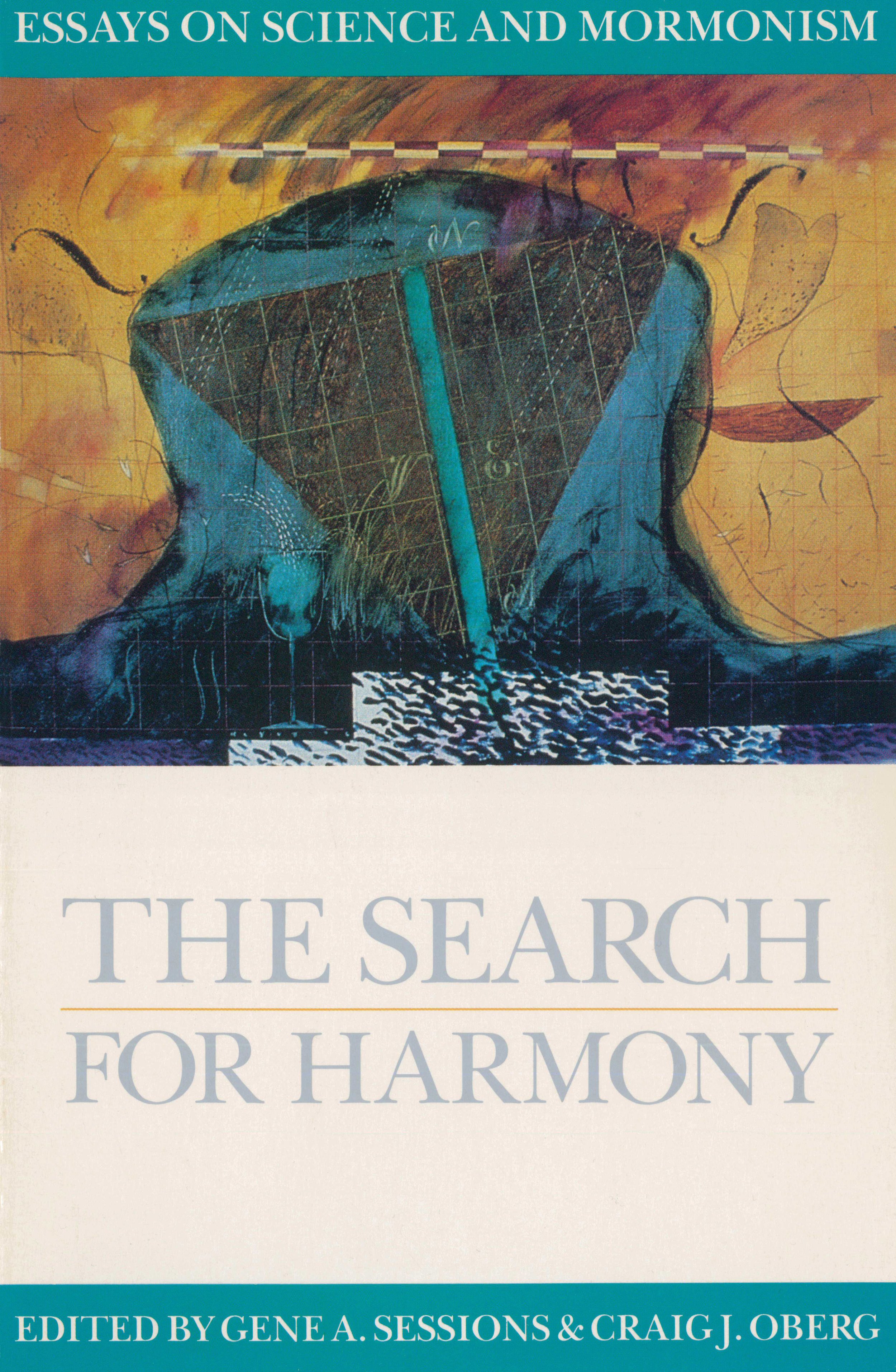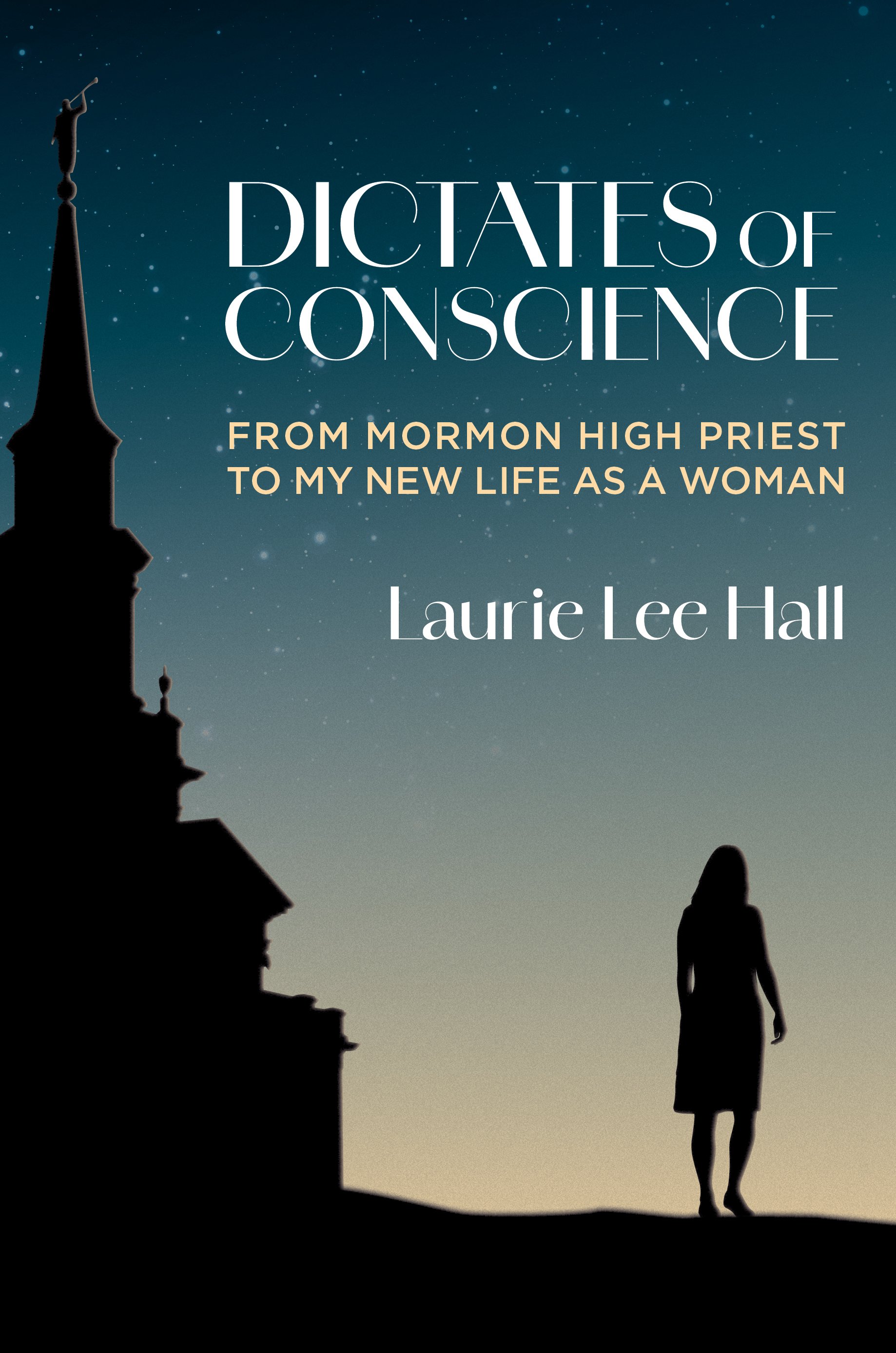 Image 1 of 1
Image 1 of 1


The Search for Harmony
The Search for Harmony: Essays on Science and Mormonism
edited by Gene A. Sessions and Craig J. Oberg
If life began at the molecular level and evolved, how do we account for Adam and Eve? While the LDS church avoids official pronouncements on science, Mormon leaders have periodically spoken on scientific theories, and their positions have run from implicit acceptance to outright rejection.
The theological implications of science range from probability of prophecy in quantum mechanics to determining parenthood for genetically engineered organisms. Mormonism teaches that God is subject to natural laws and that humans can similarly learn to create and nurture. In light of such an optimistic world view, LDS scientists attempt in this anthology to harmonize current research with church teachings.
Among the essays included are: “Scientific Foundations of Mormon Theology” by David H. Bailey; “The New Biology and Mormon Theology” by James L. Farmer, William S. Bradshaw, and F. Brent Johnson; “Seers, Savants, and Evolution: The Uncomfortable Interface” by Duane E. Jeffery; “The B. H. Roberts/Joseph Fielding Smith/James E. Talmage Affair” by Richard Sherlock and Jeffrey E. Keller; and “Science: A Part of or Apart from Mormonism?” by Richard Pearson Smith.
“The notion,” write the editors, “that there is no room in the church for harmonizing and reconciling scientific and religious truths has slowly caused a retreat among many Mormons from a former reverence for science.” They cite Apostle James E. Talmage’s epitaph as “the most enduring advice” for those dealing with science and religion: “Within the gospel of Jesus Christ there is room for every truth thus far learned by man, or yet to be made known.”
ebook $6.99
The Search for Harmony: Essays on Science and Mormonism
edited by Gene A. Sessions and Craig J. Oberg
If life began at the molecular level and evolved, how do we account for Adam and Eve? While the LDS church avoids official pronouncements on science, Mormon leaders have periodically spoken on scientific theories, and their positions have run from implicit acceptance to outright rejection.
The theological implications of science range from probability of prophecy in quantum mechanics to determining parenthood for genetically engineered organisms. Mormonism teaches that God is subject to natural laws and that humans can similarly learn to create and nurture. In light of such an optimistic world view, LDS scientists attempt in this anthology to harmonize current research with church teachings.
Among the essays included are: “Scientific Foundations of Mormon Theology” by David H. Bailey; “The New Biology and Mormon Theology” by James L. Farmer, William S. Bradshaw, and F. Brent Johnson; “Seers, Savants, and Evolution: The Uncomfortable Interface” by Duane E. Jeffery; “The B. H. Roberts/Joseph Fielding Smith/James E. Talmage Affair” by Richard Sherlock and Jeffrey E. Keller; and “Science: A Part of or Apart from Mormonism?” by Richard Pearson Smith.
“The notion,” write the editors, “that there is no room in the church for harmonizing and reconciling scientific and religious truths has slowly caused a retreat among many Mormons from a former reverence for science.” They cite Apostle James E. Talmage’s epitaph as “the most enduring advice” for those dealing with science and religion: “Within the gospel of Jesus Christ there is room for every truth thus far learned by man, or yet to be made known.”
ebook $6.99






